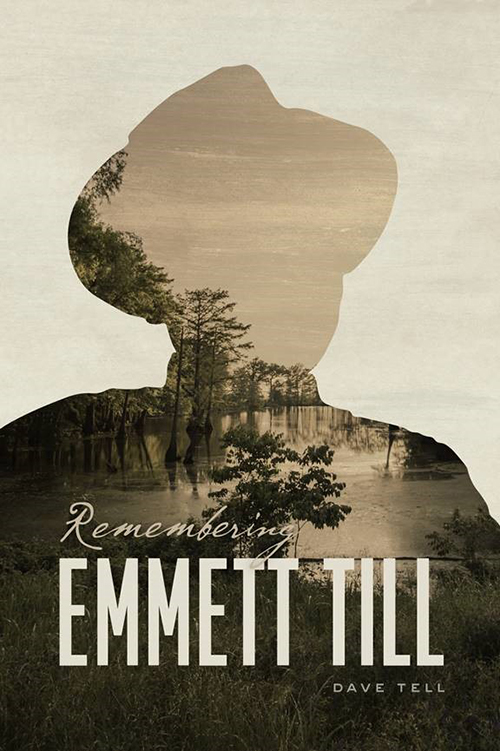Mississippi State hosts inaugural public humanities lecture next week
![Dave Tell University of Kansas Professor of Communication Studies Dave Tell well give a free public lecture Monday [March 4] at Mississippi State. (Submitted photo)](/sites/www.msstate.edu/files/inline-images/Dave%2520TellFULL.jpg)
Contact: Tyler Powell

STARKVILLE, Miss.—Mississippi State’s College of Arts and Sciences is hosting its inaugural public humanities lecture, “Remembering Emmett Till,” early next week.
The Monday [March 4] free event takes place at 4 p.m in Griffis Hall Room 401 and is open to all. Featured guest Dave Tell, a University of Kansas professor of communication studies, conducts research on race, memory and place. Since 2014, his work has focused on the legacy of the murder of Emmett Till in the Mississippi Delta. His 2019 book, also titled “Remembering Emmett Till” and published by University of Chicago Press examines the history, controversy and backstories associated with commemorating Till’s infamous murder and gives insight into the signs and museum that now punctuate the land where Till died.
The lead investigator on the Emmett Till Memory Project, a collaborative public and digital humanities project, Tell also is part of the Emmett Till Memorial Commission of Tallahatchie County. In addition to his work on Emmett Till, he also studies the history of rhetoric. For more, visit https://coms.ku.edu/dave-tell.
Tell’s keynote follows two panel presentations earlier in the day. A panel session from 12:30-1:45 p.m. will feature MSU faculty members who are working on public humanities projects. From 2-3:15 p.m., a second panel will feature both faculty and students who are collaborating on public humanities projects inside the classroom and beyond. All sessions take place in the same Griffis Hall location.
Dan Punday, MSU English professor and department head, is event organizer.
“Across the country, universities are talking about making humanities research more accessible to the public, but only a small fraction have taken concrete steps to help faculty and students do this,” Punday said. “This event, and the larger initiative that it’s a part of, puts Mississippi State at the forefront of universities as they rethink how humanities research—and especially student research—can contribute to their communities.”
MSU’s College of Arts and Sciences includes more than 5,300 students, 300 full-time faculty members, nine doctoral programs and 25 academic majors offered in 14 departments. Complete details about the College of Arts and Sciences can be found at www.cas.msstate.edu.
MSU is Mississippi’s leading university, available online at www.msstate.edu.